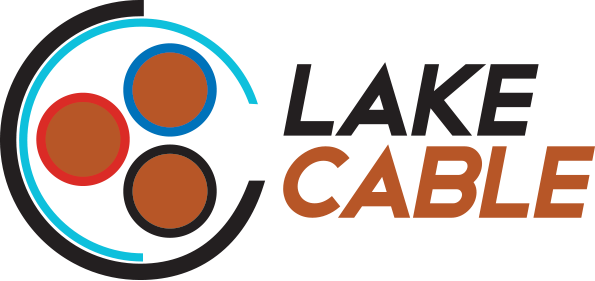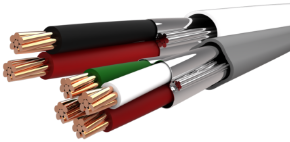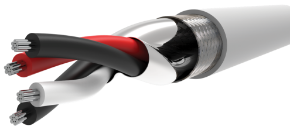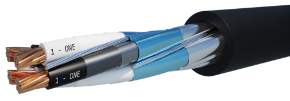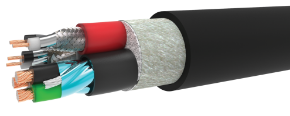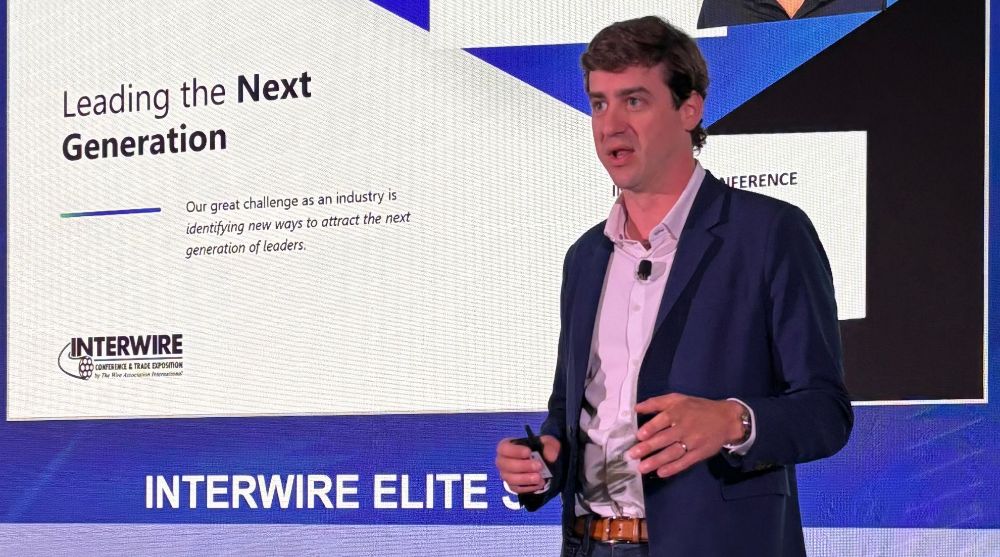
At Interwire 2025, Cooper Runzel, chief operating officer at Lake Cable, presented his talk, “Leading the Next Generation.” It proved to be a most memorable speech — one that might have seemed almost improbable if not for Lake Cable’s remarkable success. Below is an edited summation of his speech.
Cooper Runzel’s approach to leadership is founded on the idea that employees are not simply part of the operation: they are its core, and if you treat your staff accordingly, they will take care of the customer.
Runzel contends that companies cannot afford to treat staff as replaceable or secondary if they aim to be sustainable and competitive, especially in an industry facing generational transition and growing technical complexity. Rather than recruiting solely to fill short-term needs, he advocates a long-term view: attracting young talent, mentoring them through the ranks, and building a culture in which employees see a future for themselves at Lake Cable that spans decades, not just years. “I measure my success not in profitability but in how many of my staff go on to do greater things,” he explained.
Such goals cannot be achieved by company slogans or mission statements. Lake Cable backs up its people-first talk with real-world actions — choices that have direct, sometimes immediate, impact on employees’ lives. The company’s profit-sharing structure ensures that. This is not just an occasional bonus but as a built-in expectation. The partnership between the company and those who make its success possible is genuine and ongoing.
Day-to-day flexibility is also woven into the company’s operations. Supervisors are known to encourage employees to leave early to attend their children’s basketball games, school performances, or handle pressing family matters. “We don’t just tolerate people having a life outside of work — we support it, because that’s what builds real loyalty and real focus when they’re here,” Runzel said during the presentation. The company’s policies avoid stigma or penalty for employees who tend to life outside of work, sending a strong message about trust and respect.
Emergency support is another company pillar. Through internal programs, the company steps in to help employees facing unforeseen hardship, covering significant expenses such as mortgage payments when an illness or accident strikes a household. This is not positioned as charity, but as a shared safety net that recognizes employees as people with challenges and obligations beyond their work roles. Such help shows the company’s promises are sincere.
These policies have made a difference not only in the stories told around the shop floor but also in meaningful statistics: low turnover, increasing staff retention, and an ability to recruit and keep skilled workers who might otherwise drift elsewhere. Employees have shared that the company’s flexibility — whether adjusting start and end times or reconfiguring schedules in response to family emergencies — has allowed them to be fully present both at work and at home, alleviating the constant tug-of-war that many elsewhere feel between job and life obligations.
Lake Cable avoids tying educational reimbursement or advancement to restrictive contracts. Employees who pursue continued education with company support aren’t required to stay for a predetermined number of years. The premise is that if the workplace is truly supportive and rewarding, staff will want to stay regardless. This results in a workforce that feels both valued and autonomous, eager to advance but not shackled by fine print.
Throughout his presentation, Runzel illustrated that Lake Cable is not unique in facing the challenges that confront manufacturing today: aging workforces, rising costs, shifting regulations and materials. What sets the company apart, by his account, is a willingness to view these issues through the lens of shared responsibility rather than transactional labor relations. When the factory has faced tough times or needed extraordinary teamwork — requiring overtime, extra effort, or adaptation to new procedures — the company’s record of standing by staff has converted urgency into collective action, not resentment. As he put it, “You get through challenges by standing together, not by squeezing people for more.”
Lake Cable’s model suggests that good intentions must be demonstrated in policy and practice. Profit-sharing is a start, but not the end, of aligning interests between the company and workforce. Flexible schedules and robust crisis assistance go further, building reserves of trust and morale that can withstand the inevitable pressures of the industry. Benefits matter, but what many employees remember are the moments where leadership acted decisively and compassionately on their behalf.
Runzel’s talk at Interwire was not a call for heroics but for basic decency and sound business sense: treat people well, and the company will do well in turn. “Lead with care. If you do that, everything else — the performance, the loyalty, the innovation — will follow,” he concluded.
Reprinted with permission, Wire Journal International, October 2025: https://www.wirenet.org/

